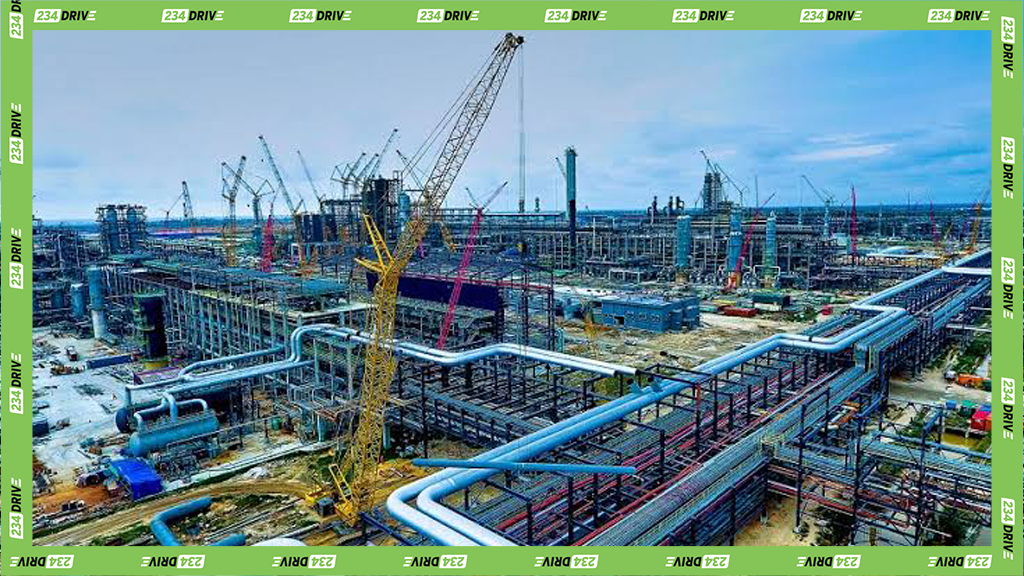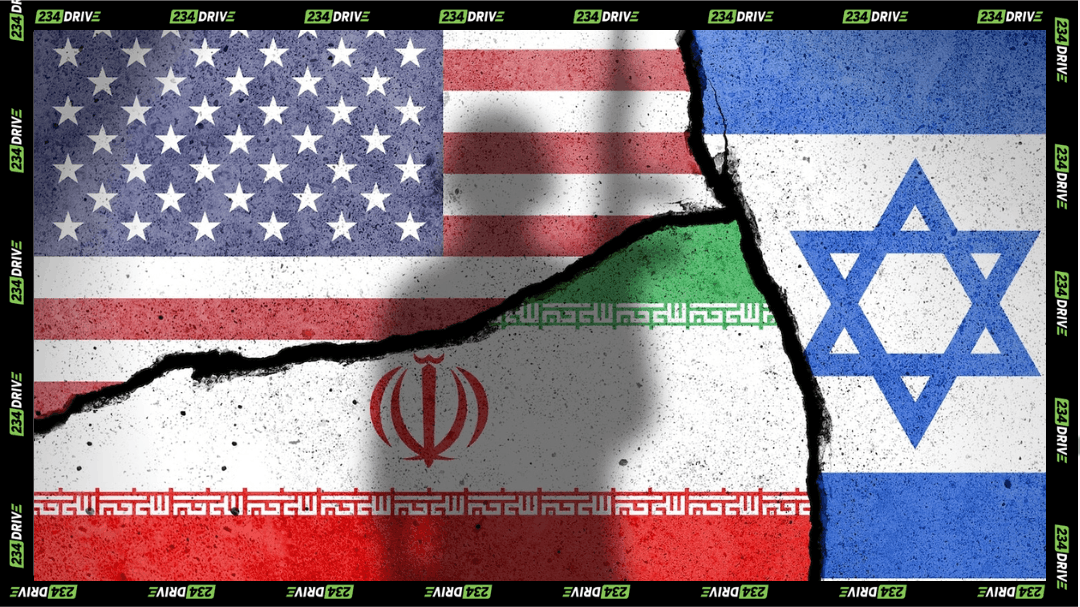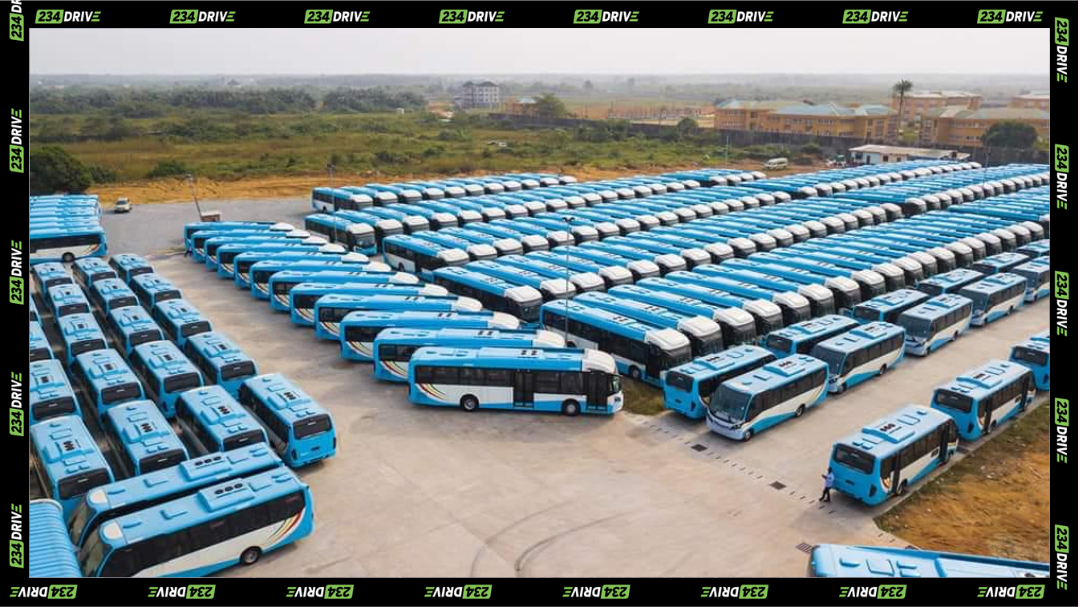In Nigeria, where fuel stations are as ubiquitous as the traffic jams they often cause, a new wave of change is sweeping through the industry. Thanks to the Dangote Petroleum Refinery, the dynamics of fuel quality, pricing, and consumer preferences are undergoing a dramatic shift. What’s more, this transformation is being fueled (pun intended) by a series of viral comparisons on social media, where Nigerians are sharing their experiences with Dangote’s fuel versus traditional imports. The result? Fuel stations across the country are facing an interesting turn, as consumers demand cleaner, more efficient fuel—and they’re not afraid to vote with their wallets.
Cleaner Fuel, Happier Consumers
Since the Dangote Petroleum Refinery began operations in 2023, its impact on Nigeria’s fuel market has been nothing short of revolutionary. The refinery, located in Lagos, produces Euro V-standard fuel, which has significantly lower sulfur content compared to the imported fuels Nigerians have relied on for decades. This cleaner fuel not only reduces air pollution but also improves engine performance, leading to fewer breakdowns and lower maintenance costs.

But the real game-changer has been the viral comparisons. Across social media platforms like Twitter, Instagram, and TikTok, Nigerians are sharing side-by-side comparisons of their experiences with Dangote’s fuel versus the traditional imports. From smoother engine performance to longer-lasting fuel efficiency, the testimonials are overwhelmingly in favour of Dangote’s product.
One viral video, posted by a Lagos-based car enthusiast, showed two identical generators running side by side—one fueled by Dangote diesel and the other by imported diesel. The difference was stark: the generator running on Dangote fuel was quieter, emitted less smoke, and ran for hours longer. The video garnered over 100,000 views in just 24 hours, sparking a nationwide conversation about fuel quality.
Fuel Stations: Adapt or Lose Customers
For fuel stations across Nigeria, the Dangote effect has created a new reality: adapt or lose customers. Many stations are now scrambling to stock Dangote’s fuel, as consumers increasingly demand the cleaner, more efficient product.
In cities like Lagos, Abuja, and Port Harcourt, fuel stations prominently displaying “Dangote Fuel Available Here” signs are reporting a surge in sales. Meanwhile, stations still selling traditional imports are seeing a noticeable drop in foot traffic.
“Customers are asking for Dangote fuel specifically,” said a station manager in Lagos. “If you don’t have it, they’ll go somewhere else. It’s that simple.”
This shift is also putting pressure on fuel station owners to upgrade their facilities. Dangote’s Euro V fuel requires stricter storage and handling standards to maintain its quality, prompting many stations to invest in better tanks, pumps, and filtration systems.
The Pricing Debate: Is Cleaner Fuel Worth the Cost?
While Dangote’s fuel is winning hearts with its quality, the pricing debate remains a contentious issue. Initially, there were concerns that the cleaner fuel would come at a premium, making it unaffordable for the average Nigerian. However, Dangote has managed to keep prices competitive, thanks to the refinery’s massive scale and local production.
In fact, in some cases, Dangote’s fuel is even cheaper than imported alternatives, especially when global oil prices spike. This has further boosted its appeal, as consumers get better quality without breaking the bank.
Still, the pricing landscape is complex. Some fuel stations, particularly in rural areas, are struggling to keep up with the demand for Dangote fuel due to logistical challenges. Others are accused of price gouging, capitalising on the product’s popularity to charge higher margins.
The NNPC Factor: Can the State-Owned Giant Compete?
While Dangote is stealing the spotlight, the Nigerian National Petroleum Corporation (NNPC) is not sitting idle. The state-owned giant is working to upgrade its refineries and produce cleaner fuels that meet Euro IV standards. However, NNPC’s efforts have been hampered by delays and inefficiencies, leaving it to play catch-up to Dangote’s private-sector efficiency.
NNPC’s recent partnership with private investors to rehabilitate the Port Harcourt, Warri, and Kaduna refineries is a step in the right direction. But until these projects are fully operational, Dangote will continue to dominate the clean fuel market.
The Viral Comparisons: A Consumer Revolution
What’s truly remarkable about the Dangote effect is how it has empowered Nigerian consumers. Thanks to social media, ordinary Nigerians are now able to share their experiences and hold fuel stations accountable for the quality of their products.
From TikTok videos comparing engine performance to Twitter threads debating fuel prices, the conversation is being driven by the people. This grassroots movement is forcing fuel stations to prioritise quality and transparency, marking a significant shift in Nigeria’s energy sector.
The Future: A Cleaner, More Competitive Market
The Dangote effect is more than just a trend; it’s a glimpse into the future of Nigeria’s fuel market. As consumers become more informed and demanding, fuel stations will have no choice but to adapt.
For Dangote, the challenge will be maintaining its quality and scaling up production to meet the growing demand. For NNPC, the pressure is on to deliver on its promises and compete with Dangote’s efficiency.
But the real winners are the Nigerian people. Cleaner fuel means cleaner air, healthier communities, and a stronger economy.
Conclusion: A New Dawn for Nigeria’s Fuel Industry
The battle for cleaner fuel in Nigeria is far from over, but the Dangote effect has already changed the game. Fuel stations are facing an interesting turn, as consumers demand better quality and transparency. Thanks to viral comparisons and grassroots activism, Nigerians are taking control of their energy future—one tank of fuel at a time.
As Dangote and NNPC continue to compete, one thing is certain: the days of substandard fuel are numbered. And in this new era of cleaner, more efficient energy, everyone stands to benefit.










